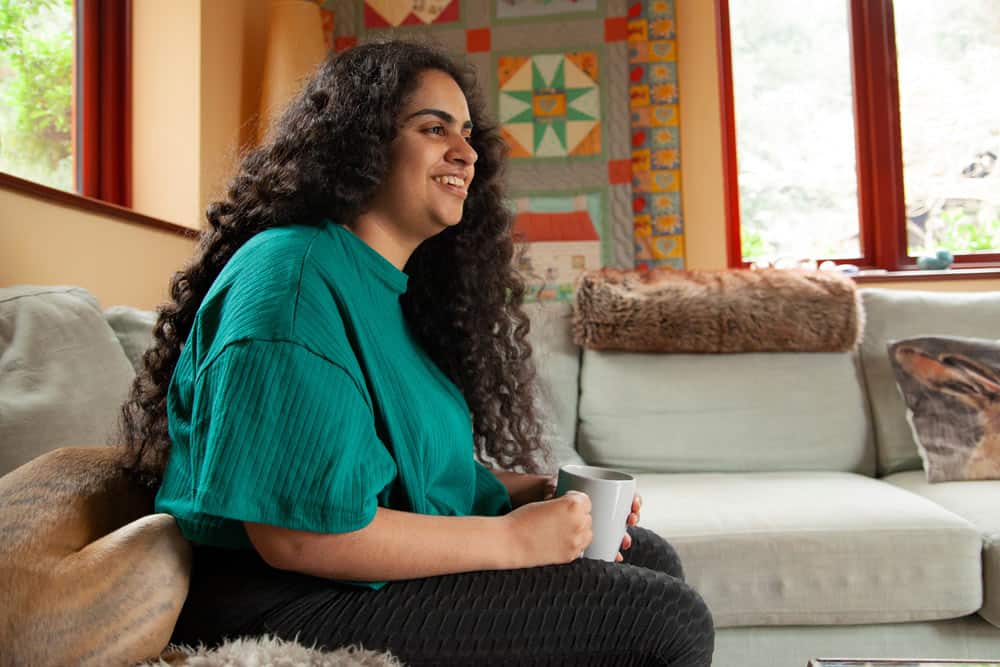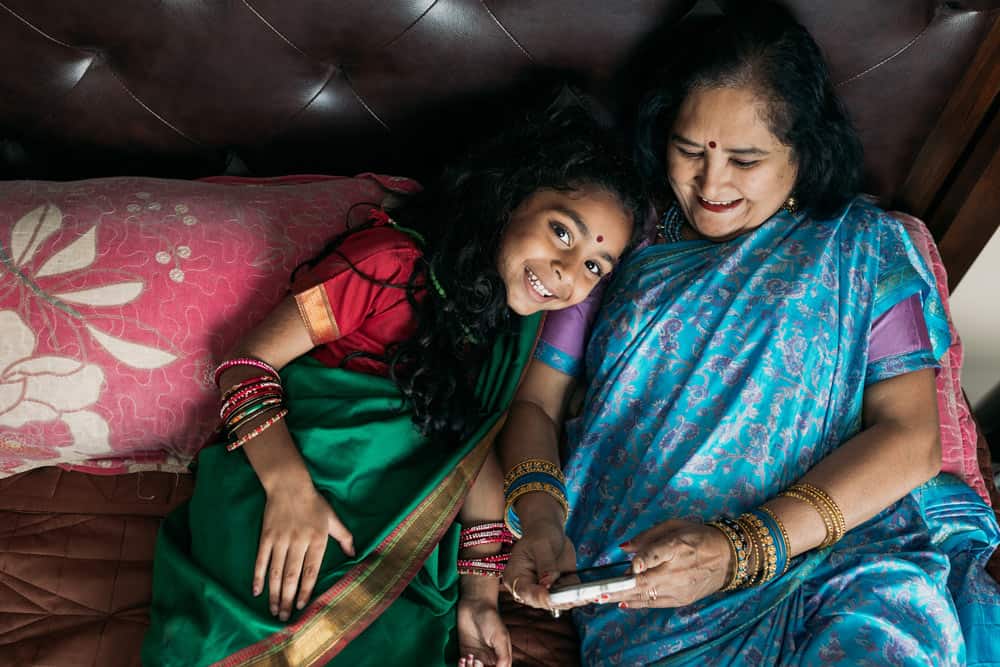The Perception Gap: Exploring the Discrepancy Between Self-Perception and Others' Perception
Perception plays a fundamental role in our lives, shaping how we see ourselves and how we are seen by others.
However, there often exists a significant gap between how we perceive ourselves and how others perceive us. This phenomenon, known as the perception gap, has captured the attention of psychologists, therapists, sociologists, and researchers alike. In this blog post, we will discuss the perception gap, its causes, consequences, and how to bridge the divide.
Recognize your inner critic and change its negative thoughts into positive ones to transform how you perceive yourself. Put an end to negative self talk which could create relationship issues.
Complexities of the perception gap, exploring its causes, consequences
Understanding Self-Perception:
Self-perception refers to our own beliefs, thoughts, and evaluations about ourselves. It is influenced by various factors such as our experiences, values, and personal biases. Our self-perception serves as a foundation for our self-esteem, confidence, and decision-making.
Understanding Others’ Perception:
Others’ viewpoint is how people in our social circle see us, like our family, friends, colleagues, and acquaintances. It is shaped by their observations, interactions, and interpretations of our behavior, appearance, and communication. Others’ perception can have a profound impact on our relationships, opportunities, and overall social standing.
The Perception Gap
The perception gap arises when there is a mismatch between our self-perception and others’ perception of us. It can manifest in various ways, such as:
Overestimation: We may overestimate our abilities, qualities, or accomplishments, perceiving ourselves as more competent or skilled than others see us.
Underestimation: Conversely, we may underestimate our abilities or downplay our achievements, failing to recognize our true potential.
Bias and Stereotypes: Pre-existing biases and stereotypes can influence how others perceive us, leading to misunderstandings, misjudgments, or unfair evaluations.
Communication Styles: Different communication styles and interpretations can cause misunderstandings, leading to a perception gap between us and others.
Causes of the Perception Gap
Several factors contribute to the perception gap:
Insufficient self-awareness can lead to an inability to accurately evaluate our own abilities, flaws, and actions.
Confirmation bias occurs when we seek out and interpret information that aligns with our existing beliefs about ourselves. This tendency can lead to an inaccurate perception of ourselves.
People tend to show themselves in a positive way, either knowingly or unknowingly, which may not match how others see them.
The way we perceive things is subjective, as it is shaped by our own perspectives, experiences, and biases.

Consequences of the Perception Gap
The perception gap can have significant consequences on both personal and professional levels:
Relationship Strain: Misunderstandings resulting from the perception gap can strain relationships, leading to conflicts, resentment, and distance. A level of self criticism can impact your mental health and lead to negative attitudes and behaviors.
Missed Opportunities: If others’ perception differs from our true capabilities, we may miss out on opportunities for career advancement, collaboration, or personal growth.
Self-Doubt and Insecurity: A significant perception gap can fuel self-doubt, erode self-esteem, and hinder our ability to reach our full potential.
Bridging the Perception Gap
While bridging the perception gap entirely may be challenging, there are steps we can take to narrow the divide:
Self-Reflection: Engage in regular self-reflection to gain a deeper understanding of your own strengths, weaknesses, and blind spots. Seek feedback from trusted individuals to gain different perspectives.
Active Listening: Cultivate active listening skills to better understand how others perceive you. Pay attention to verbal and non-verbal cues to gain insight into their perspectives.
Constructive Feedback: Encourage honest and constructive feedback from others. Be open to receiving feedback, even if it challenges your self-perception.
Empathy and Perspective-Taking: Practice empathy and try to see things from others’ perspectives. Consider the influence of biases and stereotypes on their perceptions.
Effective Communication: Enhance your communication skills to bridge the perception gap. Clearly articulate your thoughts, intentions, and expectations while being receptive to others’ viewpoints.

The perception gap shows how people see themselves and how others see them, revealing the complexities of human interaction and communication. Bridging the gap may be challenging. However, being aware of it can result in personal growth, improved relationships, and increased self-awareness.
By reflecting on ourselves, getting feedback, being empathetic, and improving our communication, we can better understand others and form genuine connections. Valuing different viewpoints and learning from others can make our lives better and help us understand ourselves more deeply.
We can grow personally by understanding and connecting with others’ perspectives. Additionally, we can build better relationships through this process. Moreover, it helps us gain a deeper understanding of how people perceive things.
Innate therapies in Cairns offer support and counseling to help us understand how we perceive ourselves and how others perceive us. This helps bridge the gap between our self-perception and how others perceive us. Innate therapies help people become more self-aware and release emotions by using practices like mindfulness, meditation, and emotional healing techniques. This helps them discover their underlying beliefs and biases that affect how they see themselves.
By integrating mind-body approaches, these therapies in Cairns enhance empathy and perspective-taking, helping individuals understand others’ perceptions better. Our mental health services and therapies help people grow, be themselves, and connect with others, improving relationships and understanding. Whether you are looking for one on one counseling or relationship counselling we can help you start the healing process.

